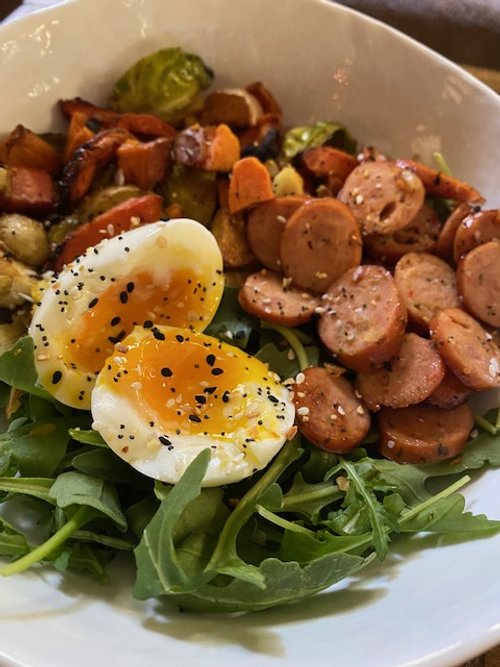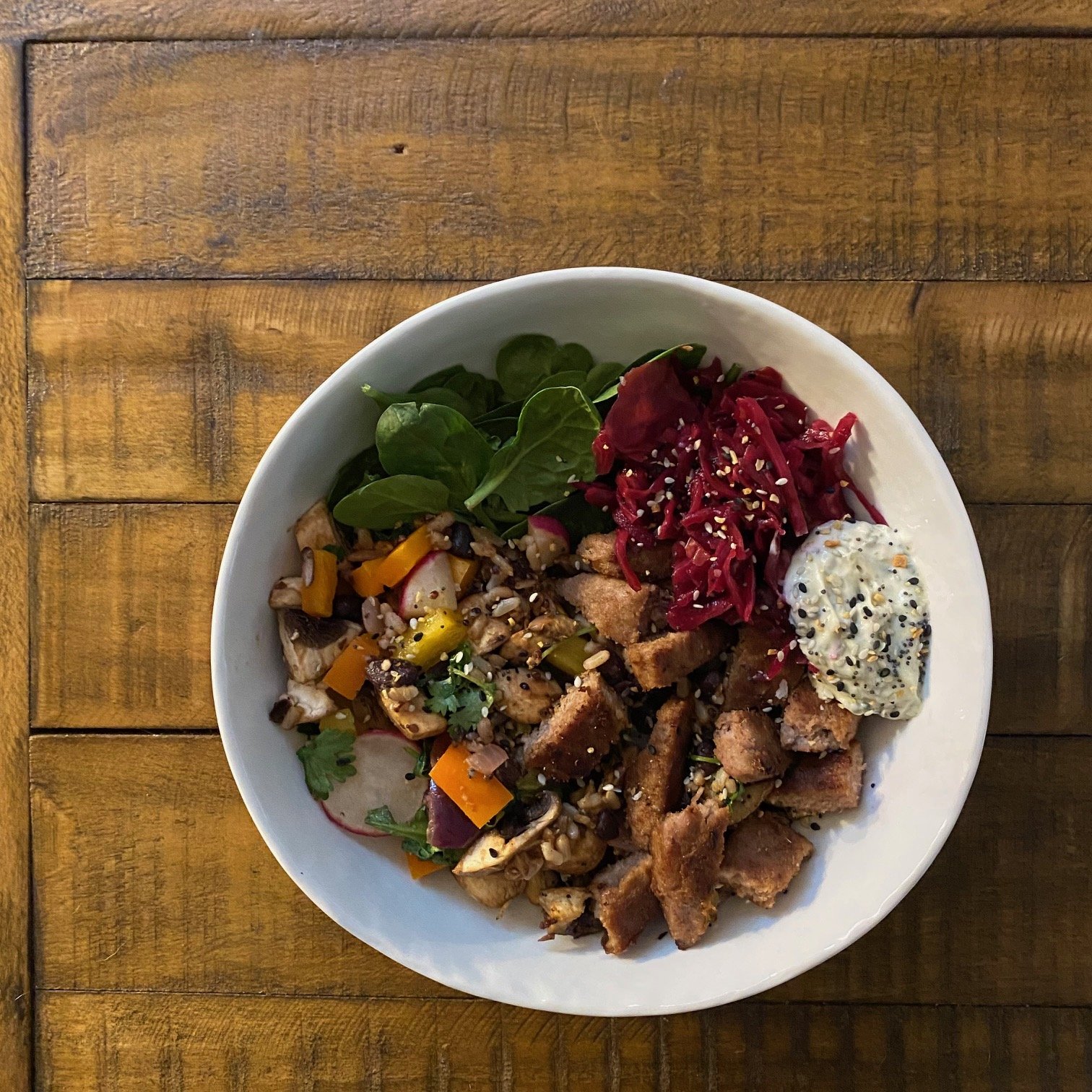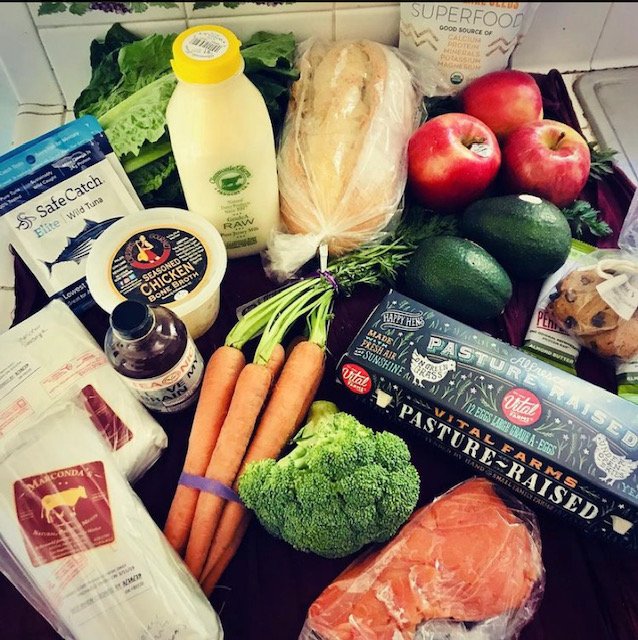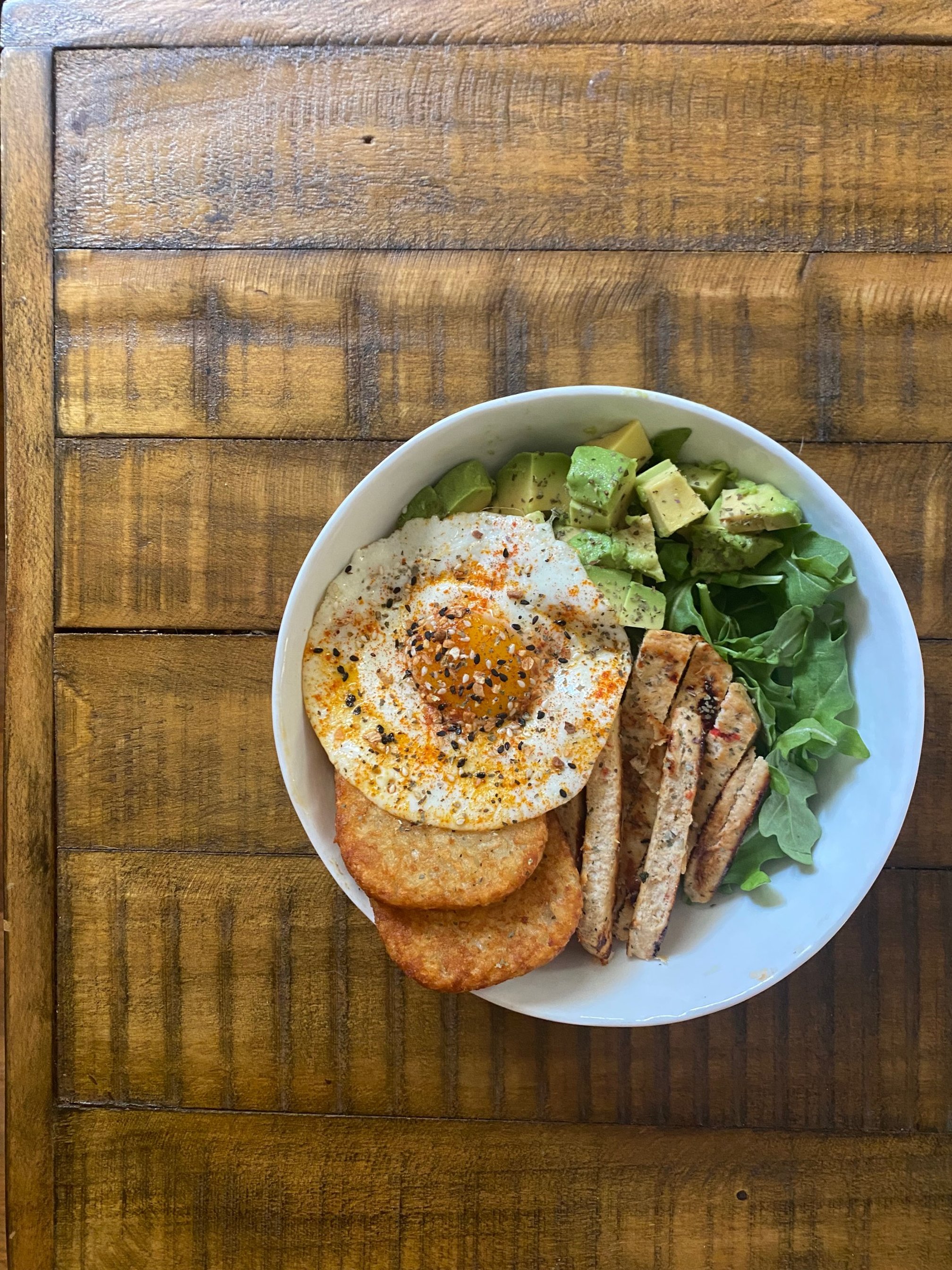The Complete Martial Arts Nutrition Guide for Beginners
Power of Nutrition
While proper nutrition should be a priority for everyone, diet plays a particularly vital role in the lives of athletes and martial artists, who consistently push their bodies to extreme levels of stress and adaptation. The quality and quantity of food intake can be the differentiating factor between a good martial artist and a truly exceptional one. This is because the food we consume transforms into the vital life force energy required to fuel performance, energy levels, and overall well-being.
In this blog post, we will look at the basics of macronutrients, emphasize the significance of hydration and pre and post-workout nutrition, and look at some meal examples for the active martial artist.
The Basics of Macronutrients
Macronutrients are the essential nutrients that we need to consume in our diets for overall bodily function. They include protein, fat, and carbohydrates. Protein is a crucial nutrient responsible for tissue repair, lean muscle growth, hormone production, and much, much more. Despite being often criticized, dietary fats play a vital role in brain and cellular health, while also promoting satiety and aiding in the metabolization of fat-soluble vitamins (A, D, E, K). Last but not least, carbohydrates are particularly beneficial for martial artists, as they provide quick energy in the form of glucose. To strive for optimal health and performance, consider the following ranges for your day-to-day eating patterns:
Protein: 10 - 35% of total daily calories should come from high quality sources such as lean beef, chicken, turkey, fish, yogurt, cottage cheese, lentils, quinoa, tofu, eggs, nuts and seeds.
Fat: 20 - 35% of total daily calories should come from high quality sources such as avocados, olive oil, nuts, seeds, fatty fish, seafood, nuts and nut butters
Carbohydrates: 45 - 65% of total daily calories should come from whole grains, fruit, non-starchy vegetables (leafy greens, broccoli, asparagus) starchy vegetables (sweet potatoes, corn, peas), legumes, and dairy products (milk, yogurt, cheese) (1)
Remember that nutrition is a spectrum, so your dietary strategy should include foods that match their personal goals, preferences, values, and what's easily available to you. Generally speaking though, It's important to strive for a balanced combination of lean protein, complex carbohydrates, fiber-rich vegetables, and healthy fats in each meal to maximize energy levels and support recovery!
Hydration for Martial Artists
Proper hydration is of the utmost importance for martial artists, as intense training sessions result in the loss of water through sweat. This loss of water can lead to dehydration, undue fatigue, and health complications if not replenished adequately. Always prioritize proper hydration and reference the following guidelines for specific target goals:
Before exercise - hydrate your body by drinking 14-22 oz (414-650 ml) of fluid two hours before exercise.
During exercise - ensure hydration continues by consuming 6-12 oz (177-355 ml) of water or a sports drink every 15-20 minutes.
After exercise - Continue hydrating by having 16-24 oz (473-710 ml) of water or a sports drink for every pound (0.45 kg) of body mass lost (2).
Pro-tip: Electrolytes play a fundamental role in proper hydration. These essential minerals, which include sodium, potassium, calcium, and magnesium, help maintain fluid balance and ensure optimal nerve conduction and muscle function. Including electrolyte-rich foods and drinks, such as sports drinks, coconut water, water with electrolyte packets (Liquid IV, Nuun), and mineral rich fruits and vegetables into your diet, can help you maintain proper hydration and maximize performance potential.
Pre-Workout Nutrition For Energy
The timing of meals before and after training sessions is a delicate balance. You don’t want to be excessively full prior to training, which can lead to sluggishness or even nausea, but you don’t want to be running on empty either. Pre-workout nutrition may vary based on preferences, digestion rate, exercise intensity, and even hormonal and monthly changes, but here are some recommended general guidelines for a pre-workout nutrition strategy:
On days with planned workouts, consume a full pre-workout meal or sufficient snack 1-2 hours before exercising to allow for proper digestion and nutrient absorption.
Aim for a balance of carbohydrates, protein, and healthy fats to provide sustained energy and support muscle function.
If you have less time, a smaller snack 30-60 minutes before the workout can still provide a quick source of energy.
Pre-workout Snack Ideas for Martial Artists
Banana with almond butter - This basic combo provides a mix of carbohydrates from the banana and satiating fats from the almond butter, offering quick energy along with sustained fuel for your training session.
Rice cakes with avocado and turkey slices - Rice cakes are a simple and easily digestible source of carbohydrates. Top them with slices of avocado for healthy fats and lean turkey slices for protein, creating a balanced pre-workout snack. Add salt and lemon to the avocado for taste and a mineral boost!
Energy balls or protein bars: Homemade energy balls or store-bought protein bars can provide a convenient and portable pre-workout snack. Look for options with a balance of carbohydrates, protein, and healthy fats. Simple bars with whole grains and fruit can also be a convenient and supportive snack before going to the dojo.
Greek yogurt with mixed berries: Greek yogurt is an excellent source of protein, and mixed berries offer carbohydrates and antioxidants for energy. Add a sprinkle of your favorite granola or nuts for added crunch and sustained energy.
Post-workout nutrition for recovery
As martial artists and athletes engage in intense physical activity, eating enough quality protein becomes pertinent for repairing and rebuilding the muscle tissues damaged during training sessions. Adequate protein intake supports muscle recovery and growth, which is essential for improving strength, power, and endurance. To find your specific protein needs, reference the following formulas, adjust to your activity level, and find the base goal for protein intake in grams (g). Although the US Recommended Dietary Allowance (RDA) for protein is 0.8 g/kg for healthy, sedentary US Adults, there is no strict consensus on all of these ranges, so think of them as that - ranges:
Sedentary, healthy adult: Multiply your weight in pounds by 0.8
Active, healthy adult: Multiply your weight in pounds by 0.8-1, depending on your activity level
Extremely active adult/athlete: Multiply your weight in pounds by 1.6 - 2.2 (3)
For example, a female who weighs 150 pounds and trains 1-2 times per week (active lifestyle), could aim to eat around 120g of protein per day (150 x 0.8), as a starting point.
Pro-tip: If you are looking to lose body fat and/or increase lean muscle mass (body recomposition), use your goal weight in the formulas above instead of current weight.
Meal Ideas for Martial Artists
Teriyaki chicken or tofu with brown rice and stir-fried vegetables: This Asian inspired classic offers protein from the chicken or tofu, complex carbohydrates from brown rice, and a variety of vegetables, providing essential nutrients for recovery.
Greek yogurt with mixed berries, hemp or chia seeds, and a sprinkle of granola: This classic combination once again offers protein, carbohydrates, and healthy fats, making it an easy and satisfying option for pre or post-workout recovery.
Turkey or black bean wrap with avocado, arugula, and bell pepper: Wrapping lean protein, healthy fats, and fiber-rich carbohydrates in a whole wheat wrap creates a quick and balanced meal for sustained energy and muscle recovery.
Whole wheat pasta with lean ground turkey, tomato sauce, and a side of steamed, lightly salted broccoli and lemon: This meal provides a balance of protein, complex carbohydrates, and fiber-rich vegetables, aiding in sustained energy and muscle repair.
Thai green curry with chicken or tofu and jasmine rice: This flavorful curry dish combines protein, healthy fats from coconut milk, and carbohydrates from jasmine rice, providing sustained energy and essential nutrients for recovery.
In Conclusion
Remember, these action steps and formulas are intended to provide general guidance. It's always wise to consult with a qualified healthcare professional to tailor your unique nutrition and hydration plan according to your individual needs and goals.
Nutrition is a vital aspect of martial arts training. By understanding macronutrients, eating for recovery, determining protein requirements, and following hydration strategies, you can optimize your performance, energy levels, and overall well-being. Remember to personalize your nutrition approach and prioritize nutrient-rich foods that you also enjoy to fuel your martial arts journey successfully.
I wish you energy and success on your training journey!
Fuel well,
Joelle
References:
(1) Manore, Melinda M. "Exercise and the Institute of Medicine recommendations for nutrition." Current sports medicine reports 4, no. 4 (2005): 193-198
(2) Clark, Micheal, Scott Lucett, and Donald T. Kirkendall. NASM's essentials of sports performance training. Lippincott Williams & Wilkins, 2010.
(3) Trumbo, Paula, Sandra Schlicker, Allison A. Yates, and Mary Poos. "Dietary reference intakes for energy, carbohydrate, fiber, fat, fatty acids, cholesterol, protein and amino acids.(Commentary)." Journal of the american dietetic association 102, no. 11 (2002): 1621-1631.
“Proper performance nutrition can delay fatigue, enhance the anabolic effect of strength training, promote the regeneration of energy stores, stabilize immune function while training, and improve cognitive performance factors such as hand-eye coordination, concentration, and focus.””







